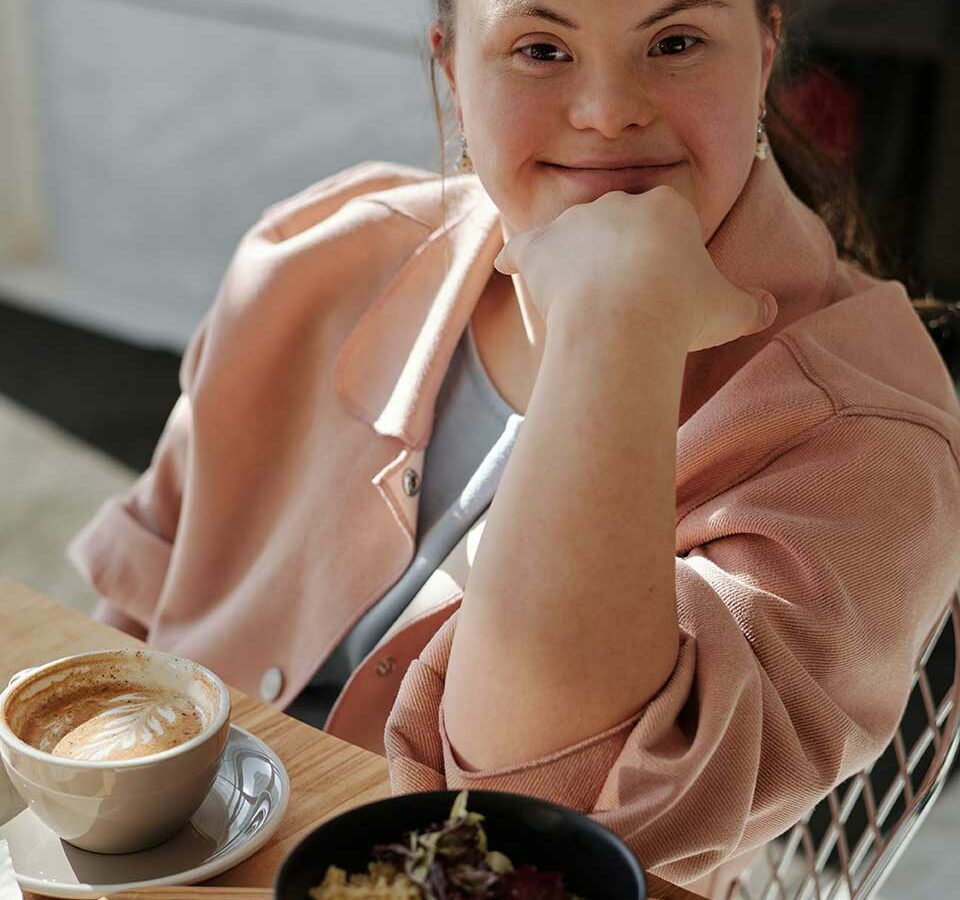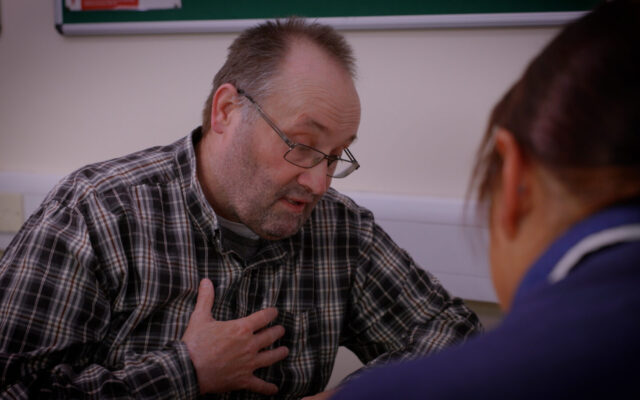The Down Syndrome Bill is making its way through parliament and likely to become law soon.
The law will require the Department of Health and Social Care to produce guidance for local authorities on providing support for people with Down syndrome in health, care, housing and so on throughout their lives. There will be an onus on local authorities to follow that guidance.
The bill has caused some controversy. Campaigners such as the National Down Syndrome Policy Group (NDSPG) say it is necessary because people with Down syndrome are a particular type of person, with specific health and other needs.
Longevity has increased for those with Down syndrome – many used to die young because of their health vulnerabilities. There are needs around early-onset dementia, as well as care needs of a group of people who rarely reached old age in the past.
Opponents of the bill argue it is divisive because all people with learning disabilities have care and support needs throughout life and it is wrong that a particular group should be singled out for specific support (which they should be entitled to anyway).
Our contributors expressed both the wish to be respectful and the opinion that far more unites than divides the learning-disabled community, whatever the outcomes of this bill
Community Living has opted not to take a side but, instead, to give a summary of the bill and invite self-advocates to give their opinion, and leave it to readers to decide where they stand.
Our contributors from the NDSPG and Learning Disability England have set out their perspectives, as self-advocates, in favour of or expressing concern about it.
It is disappointing that some social media debates on the bill have become very angry, as is sadly the case when any sort of controversy comes to the fore online.
Our contributors were explicit that they did not want to be pulled into a slanging match. They expressed both the wish to be respectful and the opinion that far more unites than divides the learning-disabled community, whatever the outcomes of this bill.
They have set a welcome example of how future debate should be conducted.
Learning from history
A number of articles in this issue draw parallels between the past and the present.
Stephen Unwin’s disturbing feature about the uncomfortable truths that are still with us more than 80 years after the horrors of the Nazi killing programme against people with disabilities shows that the present is not as enlightened as we like to think it is.
Unwin is keen to avoid simplistic parallels, but he points out that when respected philosophers call for euthanasia of disabled infants, public intellectuals make claims about the suffering that people with disabilities bring into the world and the truth of eugenic science, and the medical professions show disturbing levels of prejudice towards people with learning disabilities, there is no room for complacency.
Nathaniel Lawford and Jackie Reeve’s fascinating article about an inclusive history project researching Grace Eyre, a pioneer of the idea of shared lives, also relays some uncomfortable truths. Many problems that people in shared lives settings experienced in the early 20th century – such as intrusive “gatekeeping” by carers, labelling and barriers to independence – are still experienced by people in similar settings today.
Finally, Susanna Shapland’s article about people with learning disabilities “absconding” from institutional settings begins in the 1940s but ends far more recently with Alexis Quinn’s “escape” from an assessment and treatment setting in 2016. Lock people up with no good reason, and they will have the courage to attempt to break out.
Society changes, and history does not simply repeat itself but it can cast a powerful shadow over all our lives, none more so than those of people with learning disabilities.
Simon Jarrett
Editor





